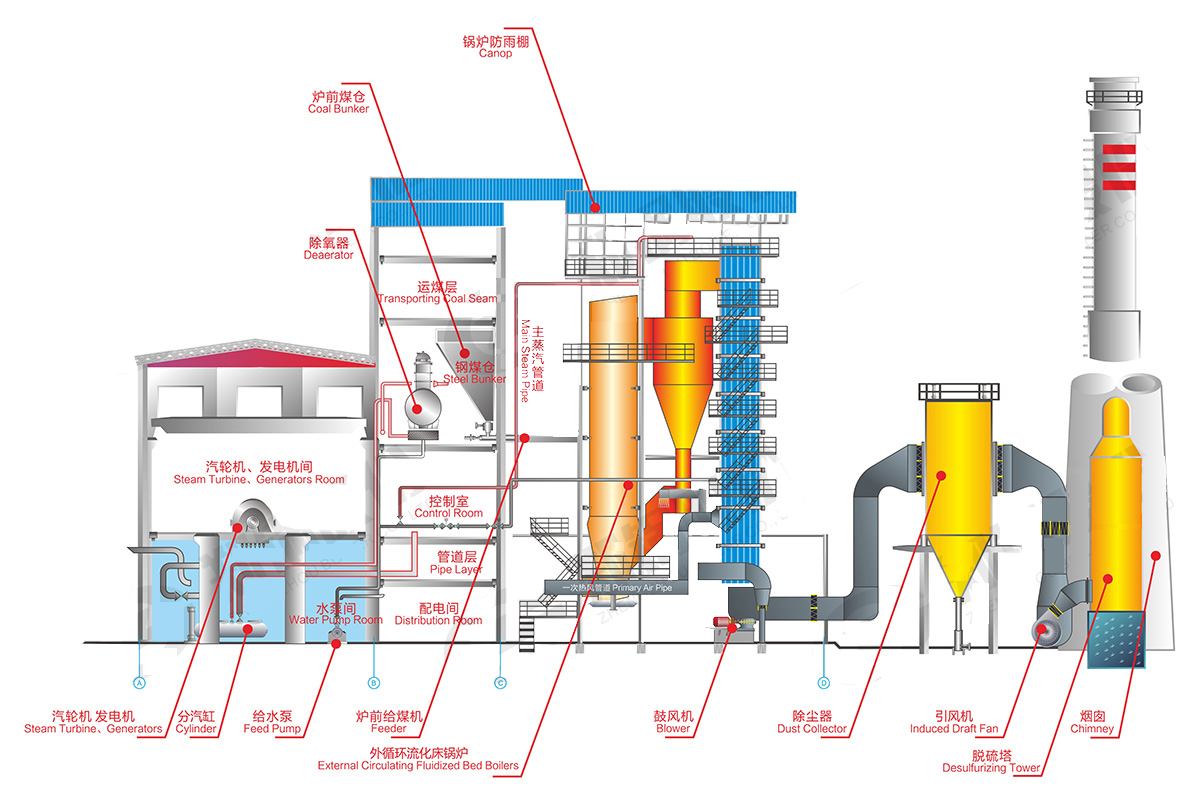
When it comes to home interiors, every detail plays a significant role in enhancing the overall aesthetics. One of those key details that can elevate the look of a room is the skirting board. Skirting boards, also known as baseboards or moldings, are installed at the junction where the walls meet the floor. They not only serve a functional purpose, such as protecting the walls from scuffs and marks, but also add an aesthetic touch to a room. Among the various materials available for skirting, MDF skirting has become a popular choice due to its versatility, affordability, and ease of installation. In this comprehensive guide, we’ll explore everything you need to know to choose the right MDF skirting for your interior design.
What is MDF Skirting?
MDF stands for Medium Density Fibreboard. It is an engineered wood product made by compressing wood fibers, wax, and resin under high pressure to create a dense, smooth surface. MDF is known for its uniform texture and ease of machining, making it an ideal material for a variety of home improvement applications, including skirting boards.
MDF skirting is favored for its smooth finish, which is easy to paint and mold, allowing for a range of design options. Unlike traditional wood skirting, MDF doesn’t warp, shrink, or expand with changes in humidity, making it a reliable choice for various environments.
Benefits of MDF Skirting
Before delving into the selection process, it’s important to understand why MDF skirting is an excellent choice for your interior design.
1. Affordability
MDF skirting is typically more affordable than natural wood skirting, making it a budget-friendly option for those looking to enhance their interiors without breaking the bank.
2. Smooth Finish for Painting
One of the main advantages of MDF skirting is its smooth, even surface. Unlike natural wood, which can have grain variations, MDF skirting provides a consistent finish that is ideal for painting. You can achieve a sleek, modern look with minimal effort, and the paint adheres well to the surface.
3. Durability
MDF is strong and resistant to moisture, making it a durable option for areas prone to temperature and humidity changes, such as kitchens and bathrooms. It does not warp, crack, or swell easily, ensuring your skirting remains intact for years.
4. Customization
MDF skirting can be easily shaped into various profiles, from traditional to contemporary styles. This flexibility allows homeowners to select skirting that perfectly complements their interior theme.
5. Ease of Installation
MDF skirting is lightweight compared to solid wood, making it easier to handle during installation. It also cuts and molds easily, allowing for quicker installation and less hassle.
Factors to Consider When Choosing MDF Skirting
When selecting the right MDF skirting for your home, several factors should influence your decision. Below are some key aspects to keep in mind:
1. Room Style and Design
The style of the room plays a crucial role in choosing the right skirting. For a modern or minimalist interior, a simple, sleek profile with straight edges might be the best option. On the other hand, traditional or classical rooms often benefit from ornate, detailed skirting profiles that add elegance and character to the space. Consider the overall design and theme of the room before making your choice.
2. Skirting Height
The height of your MDF skirting can have a significant impact on the visual proportions of a room. Taller skirting boards can make a room feel more grandiose, while shorter ones are often used in smaller spaces to avoid overwhelming the room. Typically, skirting heights range from 3 to 8 inches, but it’s essential to match the skirting height with the ceiling height and room size.
For rooms with high ceilings, larger skirting boards (around 6 to 8 inches) create a sense of balance and proportion. In rooms with lower ceilings, smaller skirting boards (around 3 to 5 inches) help maintain an open, airy feel.
3. Profile Design
The profile of the skirting refers to the shape or design of its edges. MDF skirting comes in a wide variety of profiles, each offering a unique aesthetic. Some of the most popular profiles include:
- Ogee Profile: This profile features an elegant S-shaped curve, often found in traditional or Victorian-inspired interiors.
- Straight Edge: A simple, straight edge provides a sleek, modern look and is perfect for contemporary spaces.
- Torus Profile: This rounded profile adds subtle detail to the skirting, often used in homes with a more classic design.
- Chamfered: Featuring a slanted edge, chamfered skirting adds a minimalist, geometric touch to modern interiors.
Selecting the right profile depends on the room’s design and the visual impact you wish to create.
4. Finish
MDF skirting is typically sold in a natural, unpainted form, allowing you to customize the finish according to your preferences. The finish you choose will impact the room’s atmosphere and overall design. A high-gloss white finish can create a fresh, clean look in modern spaces, while a matte or satin finish may work better in more relaxed or rustic interiors.
Another consideration is whether you want to paint the MDF skirting yourself or opt for pre-painted versions. Pre-painted skirting boards can save time during installation but may come at a slightly higher cost.
5. Durability and Maintenance
While MDF skirting is durable, it’s essential to consider the environment in which it will be installed. If you are placing the skirting in a high-traffic area, you may want to choose a more robust MDF product with a higher density for added resilience. Additionally, consider the level of maintenance required. MDF skirting is relatively easy to clean, but it’s important to avoid excessive moisture exposure, which can cause damage over time.
6. Environmental Considerations
MDF is an engineered wood product, meaning it is created using wood fibers, which are sourced from fast-growing trees. Many manufacturers also use sustainable practices to create MDF, making it an eco-friendly option for environmentally conscious homeowners.
Installing MDF Skirting
The installation of MDF skirting is relatively straightforward, especially when compared to traditional wood skirting. Here are the general steps for installing MDF skirting:
- Preparation: Measure the perimeter of the room to determine how much skirting you need. Cut the MDF skirting to the correct length using a saw.
- Priming and Painting: If your skirting is unpainted, apply a primer before painting. This will help the paint adhere better and give a more professional finish.
- Attaching the Skirting: Use a strong adhesive or nails to secure the skirting to the wall. Ensure that it is level and straight before fixing it in place.
- Finishing Touches: Fill any gaps or nail holes with wood filler, sand smooth, and apply a final coat of paint to complete the look.
Conclusion
Choosing the right MDF skirting for your interior design can make a world of difference in the overall aesthetics and functionality of a room. With its versatility, affordability, and ease of installation, MDF skirting is an excellent choice for any homeowner looking to enhance their space. By considering factors like room style, skirting height, profile design, and finish, you can ensure that your choice of MDF skirting complements the overall design of your home and lasts for many years to come.



